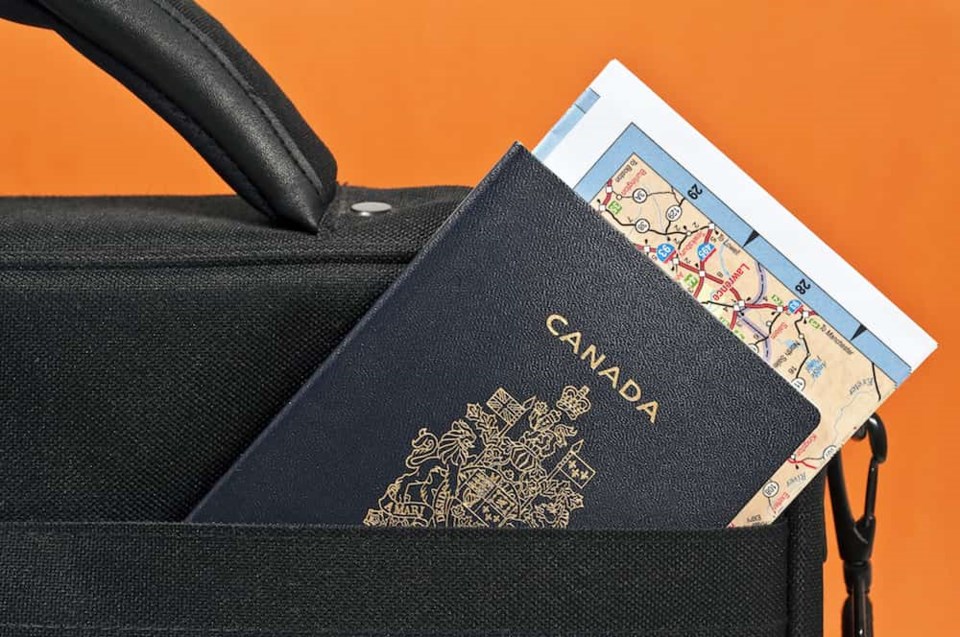Canada has been included in a roundup of the world's most powerful passports in 2021, but it has also lost a great deal of its strength due to the coronavirus (COVID-19) pandemic.
Empowered by Arton Capital, the is a global mobility intelligence platform providing interactive travel requirements and the ability to compare, rank and improve passports based on their mobility scores.
Passports of 193 United Nations member countries and six territories (ROC Taiwan, Macao (SAR China), Hong Kong (SAR China), Kosovo, Palestinian Territory and the Vatican) for a total of 199 are considered.
For the Global Passport Index 2021, the report authors note that "COVID-19 caused major disruptions to mobility, hindering international travel, revoking existing visas to citizens and visitors, and rendering passport powers to all-time lows."
Germany was ranked the most powerful passport in the world, with a mobility score of 134. Following Germany, Sweden, Finland and Spain share ranked second, with scores of 133.
In third, Denmark, Norway, Switzerland, and New Zealand have a score of 132.
Canada among world's "biggest losers" during the COVID-19 pandemic
Report authors note that "When a country bans all or most foreign travellers – as did South Korea, Canada, Hong Kong, Macao, mainland China, Japan, Taiwan, Bhutan and others – it is likely their citizens will also see a reduction in visa-free travel in response."
Additionally, the ranking notes that countries that have exceptionally high daily rates of infection or deaths – or that have not managed the pandemic well in general – have been hit particularly hard by travel restrictions.
The 'biggest loser' of 2020?
"South Korea," states the report "The country took a nosedive from third place with an MS of 171 last year to just 78 during COVID-19, driven in part to an early outbreak as well as the government’s decision in April to suspend visa exemptions for at least 90 nationalities."
Meanwhile, historically strong passports have also tanked following travel bans and visa restrictions. Canada’s mobility score, for instance, plunged from 169 to 77, making it the second "biggest loser" in 2021.
Japan’s fell from 171 to 77, while the United States, which boasted a solid score of 171 in 2019, saw its score shrivel to 80.
Arton adds that as vaccination programs kick-off worldwide, travel eligibility may come down to a digital health or “immunity” passport to prove one has been vaccinated.
In December, Aruba became the first country to adopt a digital health passport platform – and we expect many more to follow.



